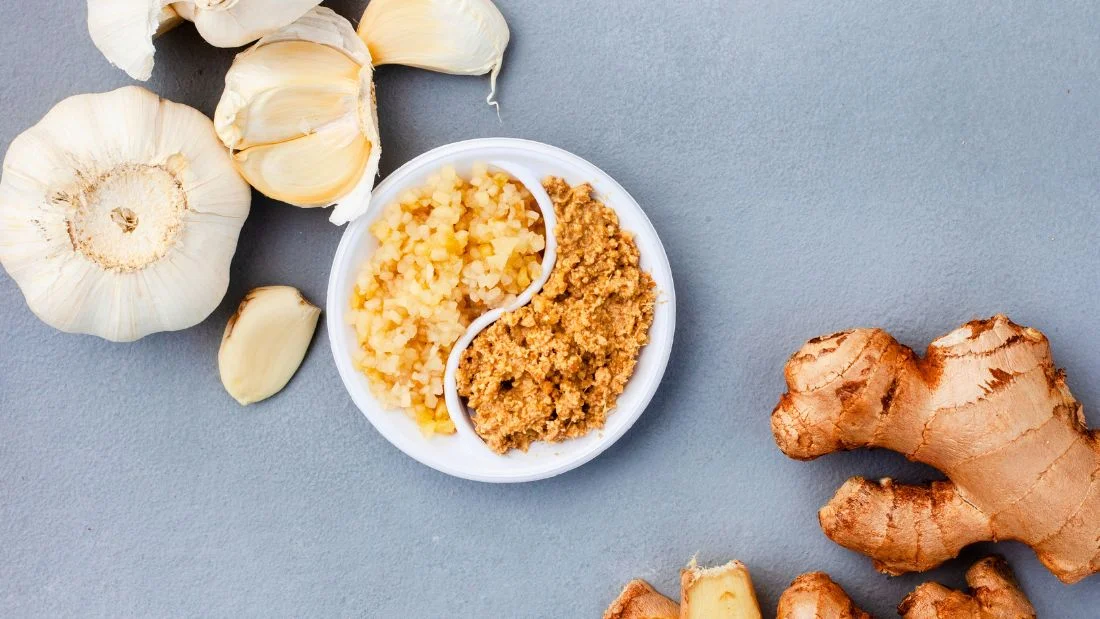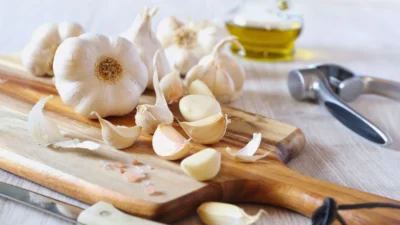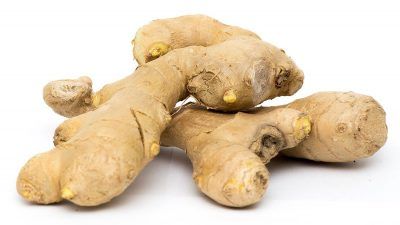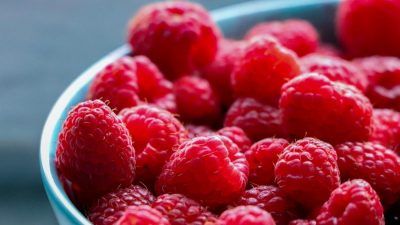Rooting for health – garlic and ginger

From ancient kitchens to modern medicine cabinets, garlic and ginger are celebrated not only for their culinary uses but also for their powerful health-promoting properties, including antioxidant, anti-inflammatory and cardiovascular benefits.
Garlic
Garlic (Allium sativum) is a bulbous flowering plant in the Allium family, which includes onions, shallots, leeks and chives. It has been used in cooking and as a traditional remedy for thousands of years across many ancient civilisations, including those of Egypt, Rome and China and remains a staple in many cuisines and folk medicines, particularly throughout the Mediterranean and Asia.
Garlic does not contribute a significant amount of nutrients because we eat it in such small quantities, so its real value lies in its bioactive sulphur compounds, especially allicin, which forms when you chop or crush garlic and is responsible for its distinct smell.
Heart health benefits
Celebrated in popular culture for keeping vampires away, it’s perhaps appropriate that many of garlic’s health benefits are linked to blood. Studies suggest allicin can relax blood vessels and improve circulation, which may reduce blood pressure, especially in those with hypertension. Garlic may also reduce LDL ‘bad’ cholesterol in the blood – but only moderately and you still need to eat a healthy, plant-based diet to protect your heart.
Garlic’s sulphur compounds can reduce blood clotting – a positive property if it helps prevent dangerous blood clots from forming but if you’re taking blood-thinning medication or preparing for surgery, ask your doctor about garlic to stay on the safe side.
Important properties
Garlic contains potent antioxidants that protect your cells from oxidative damage caused by free radicals, harmful by-products of metabolism. Such damage contributes to many chronic conditions such as aging and cognitive decline. Garlic’s anti-inflammatory effects may also help lower the risk of chronic diseases, including heart disease, diabetes and cancer.
Aged garlic extract (AGE) is made by storing garlic for 10 to 20 months in an ethanol/water mix which leads to higher antioxidant and anti-inflammatory properties. AGE is therefore considered more effective than fresh garlic in protecting against neurodegenerative diseases such as Alzheimer’s.
Garlic’s sulphur compounds also have antimicrobial properties that can combat infection by some bacteria, fungi, viruses and even some parasites. Garlic can support your immune system and some studies suggest it can lower your risk of catching a cold or may reduce its symptoms.
Detrimental effects
You may need to avoid garlic if it causes heartburn, nausea, vomiting or diarrhoea. While true garlic allergy is rare, intolerance or sensitivity is more common and can cause symptoms similar to IBS. Garlic supplements are not recommended during pregnancy and, as with onions, never give garlic to cats or dogs because it’s toxic for them even in small amounts.
Ginger
Ginger (Zingiber officinale) is a flowering plant in the family Zingiberaceae, which includes turmeric and cardamom. One of the most popular ingredients in the world, its rhizome (underground stem) has many uses in cooking and is great for your health.
Ginger contains potent phenolic compounds called gingerols, which possess powerful antioxidant, anti-inflammatory and antimicrobial properties. Cooking ginger reduces its gingerol content but does not eliminate all its health benefits. For maximum benefit, use it raw or add it at the end of cooking.
Eases nausea
Ginger is highly effective at reducing nausea, including morning sickness during pregnancy, motion sickness and nausea related to chemotherapy. Studies show it may be more effective than medication for some people. Lower down the digestive tract, ginger encourages efficient digestion by speeding up the emptying of the stomach, which can relieve bloating and discomfort. Most people react well to ginger and enjoy its benefits but too much can cause heartburn. Small doses, however, have been shown to prevent acid reflux and heartburn so it’s all about finding the right amount for you.
Breathe easy
Ginger is a popular remedy for easing colds and flu, but its benefits go further – it may also help soothe asthma and allergic coughs by relaxing airway muscles, making it easier to breathe. Its anti-inflammatory properties add to its effectiveness, making ginger a truly helpful natural remedy.
Arthritis
Thanks to its anti-inflammatory properties, ginger can be helpful in managing symptoms of osteoarthritis and rheumatoid arthritis by easing pain and improving joint mobility. Although it’s not a cure, consistent use over a few months may offer significant benefits – so stick with it.
Heart health
Like garlic, studies suggest ginger may help improve markers of heart health by reducing cholesterol and blood pressure and promoting better blood flow.
Ginger has shown potential neuroprotective effects in early studies, suggesting it may help protect against conditions such as Alzheimer’s, but more research is needed.
Boost your intake
Garlic
Raw garlic contains the most allicin – the main bioactive compound. It forms when garlic is crushed or chopped but quickly degrades with heat, so cooking reduces its effectiveness.
You can chop garlic and swallow small pieces with water like a pill, but let it sit for a few minutes for the allicin to form. Don’t overdo it – limit yourself to just one or two cloves a day as too much can cause digestive problems. Alternatively, add fresh, chopped garlic to salads, dressings, dips etc and if you prefer to cook with it, let it sit for a while after chopping then add it at the end of cooking.
Aged garlic extract (AGE) may be useful for heart health, long-term antioxidant support and gentler digestion but for quick immune support or antimicrobial effects, go with fresh raw garlic. For most people, including both AGE and fresh forms in the diet will maximise the health benefits.
The perfect dish
Bruschetta – this Italian appetiser is made using toasted bread topped with garlic, olive oil, salt and chopped tomatoes.
Ginger
Fresh ginger contains the most gingerols; ideal for anti-inflammatory, antioxidant and digestive effects. Fresh root ginger is sold in the fruit and vegetable section of supermarkets, make sure you pick pieces that are firm and smooth then store them in the fridge. Slice pieces off to make ginger and lemon tea, smoothies or steep in your drinking water. Finely chopped, it’s ideal for curries, lentil dhal, tofu marinade, stir-fries, spicy soups or sweet baked goods.
Dried, ground ginger is also good for tea and cooking but it works best in biscuits, cakes and gingerbread. To reap the health benefits, take half or one flat teaspoon of dried ginger a day or up to four grams of fresh ginger (one gram if pregnant). Ginger supplements can be useful for those who want a guaranteed, specific dose.
The perfect hit!
It’s got to be a classic ginger shot but if that’s too powerful for you, bring a zing to your salads and slaws with a simple ginger salad dressing made with olive/sesame oil, rice vinegar, grated ginger, garlic, Dijon mustard, salt and pepper.







